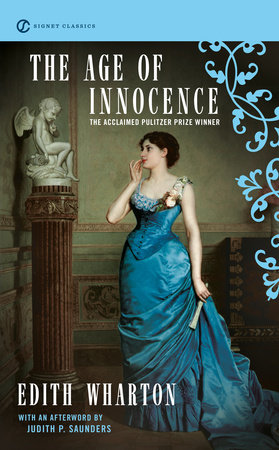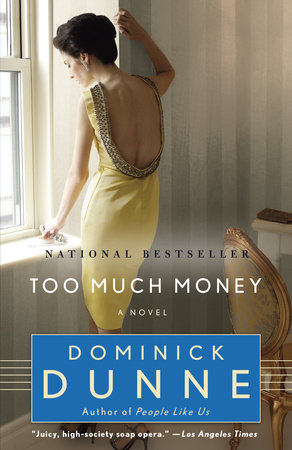Devouring Age of Innocence, in which the destruction is merely bitter-sweet, I turned to The House of Mirth, set in the Gilded Age, which was still in effect in 1905, when it was first published.
O the bitterness, the waste of a life -- a talented, struggling, isolated woman's life -- the sheer awe-fullness of it, eclipsed anything I'd read up that time, other than in George Eliot. There was nothing warm about the people of this book other than the protagonist's fire to not be what she was condemned to be.
So, these quoted words of Wharton concerning centering a frivolous, useless society in one's writing resonate magnificently in the past, the present, and if there shall be one, no doubt in the future too.
Wharton had already written books including a novel set in 18th-century Italy and a volume on interior design when she began drafting a novel set in the rarefied world of moneyed New York. The challenge, she recalls in A Backward Glance, was to find the gravitas in such a world. “The answer was that a frivolous society can acquire dramatic significance only through what its frivolity destroys. Its tragic implication lies in its power of debasing people and ideals. The answer, in short, was my heroine, Lily Bart.”
Presently we daily witness and experience ourselves, we who aren't members in our neo-Gilded Age class of heartlessly frivolous powerful and obscenely wealthy, the destruction they wreak upon us and the planet.
No wonder Dominick Dunne, one of our own literary chroniclers of the descendants of Wharton's people and those who came and come up to elbow them aside, named his novel, Too Much Money (2009), after them.




No comments:
Post a Comment